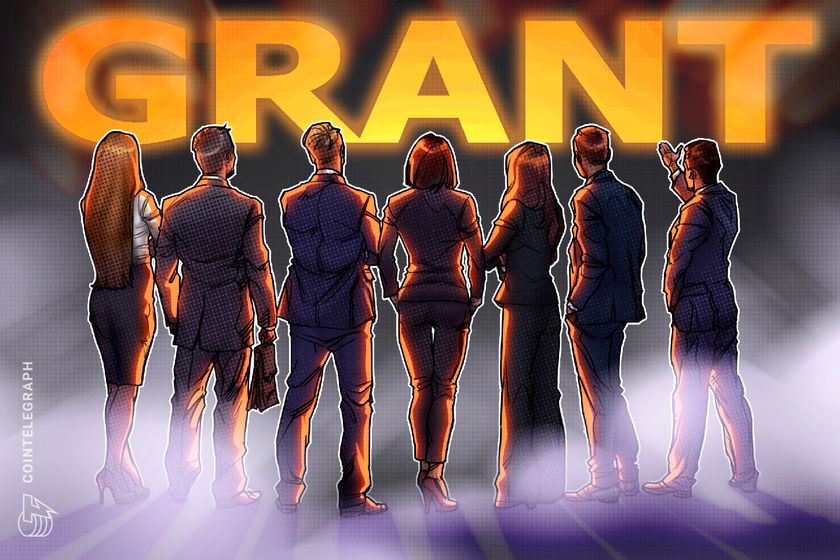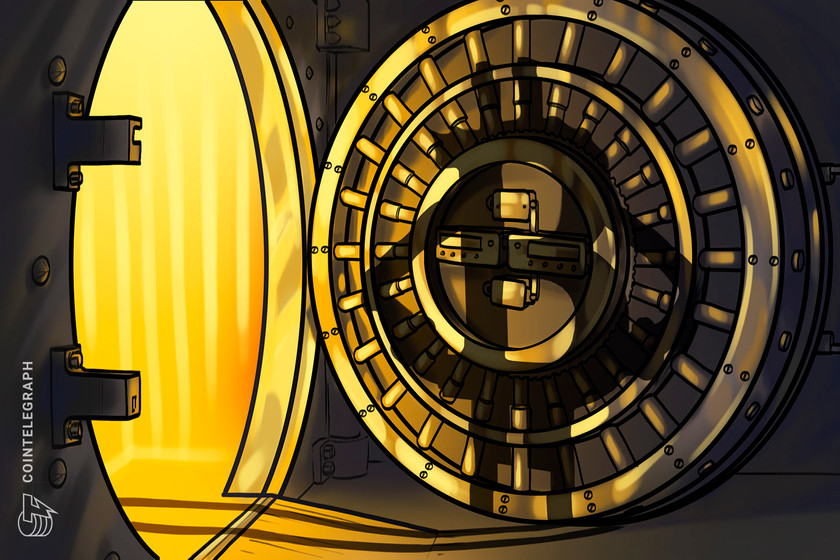OpenAI announces second round of AI startup fund


OpenAI said the startup fund initiative is its way of helping push the boundaries of applied AI in essential domains.
OpenAI has opened applications for the second cohort of its six-week program for artificial intelligence (AI) startups, Converge 2, through which it will invest $1 million into each of the 15 successful participants selected.
The organization behind ChatGPT announced that the initiative, accessible worldwide, is aimed at individuals like engineers, designers, researchers, and product builders utilizing AI for innovative purposes. OpenAI founded the startup fund on the idea that robust AI systems will fuel a new era of groundbreaking startups.
The rapid proliferation of AI tools and solutions has ignited support from industry experts and investors alike. Generative AI startups have received considerable funding from various companies and organizations in 2023 alone.




















